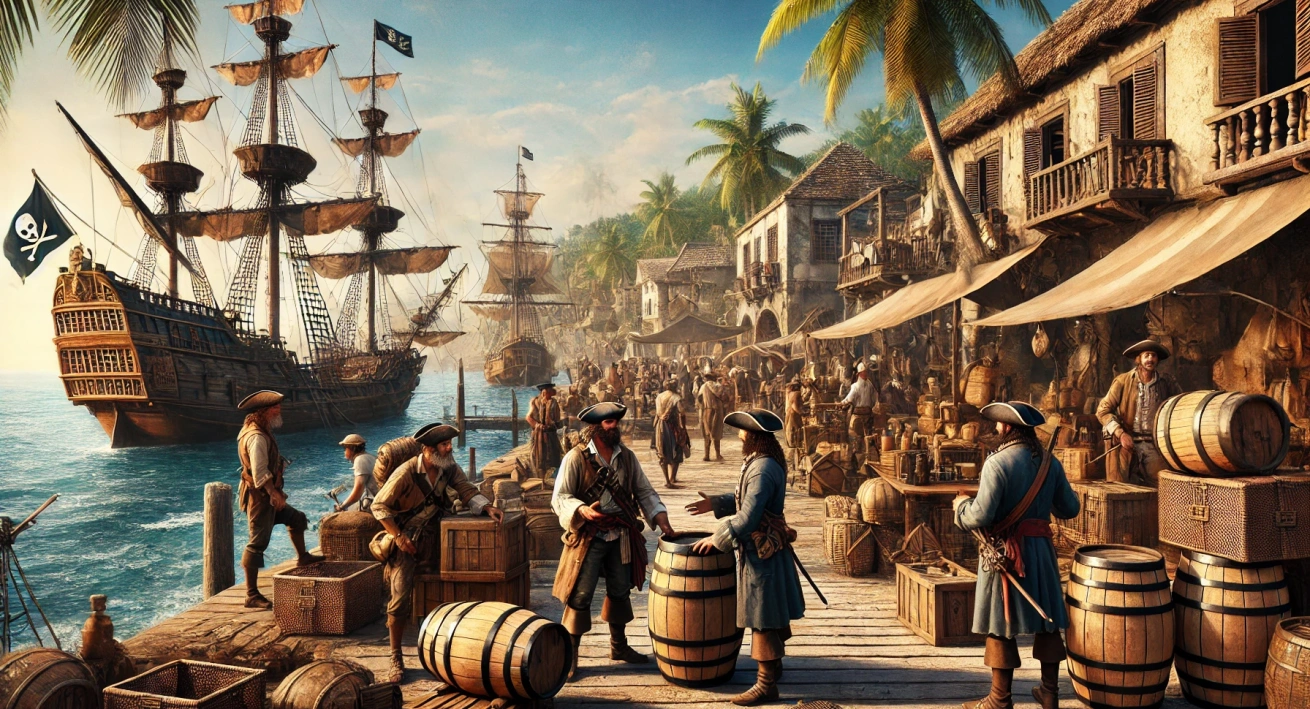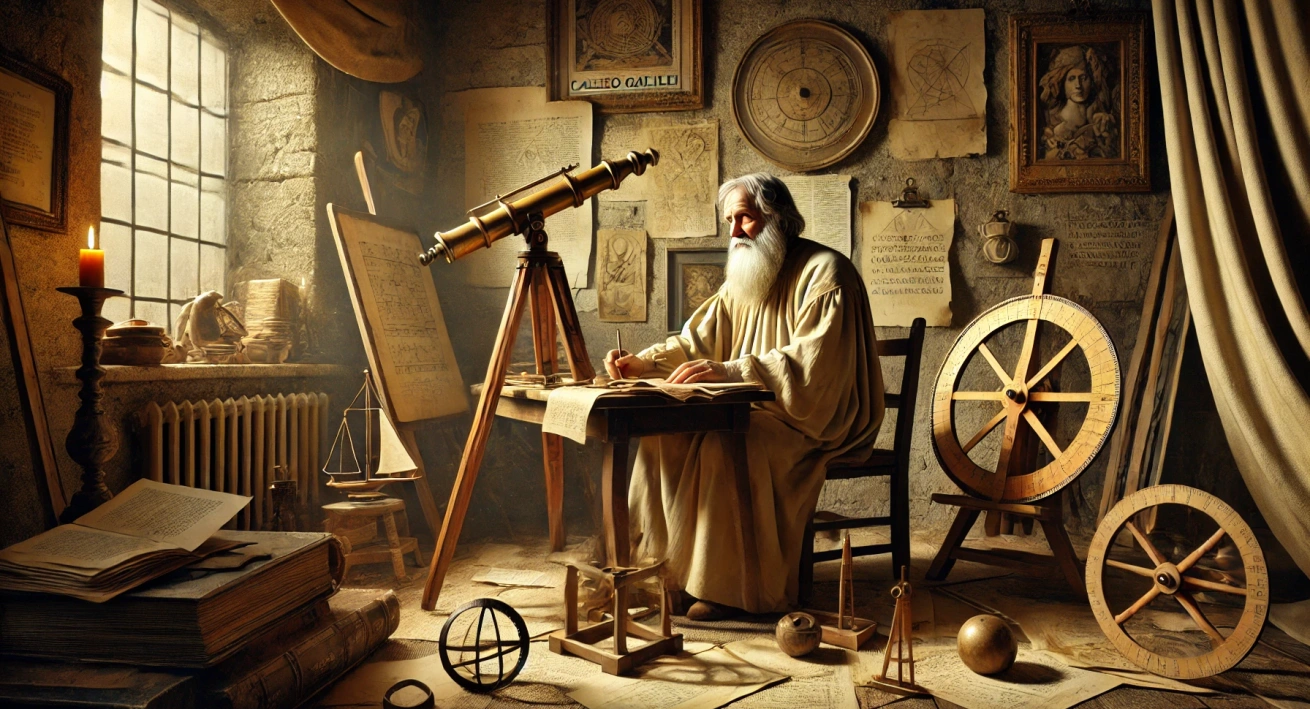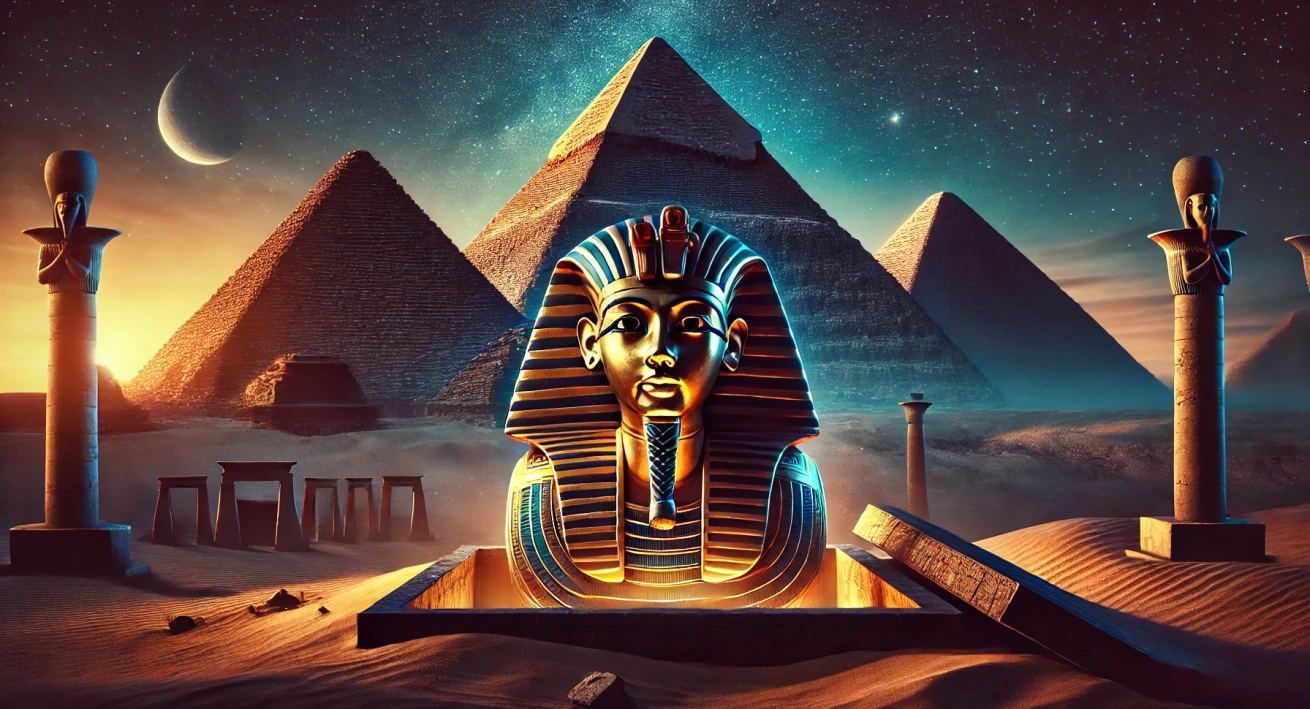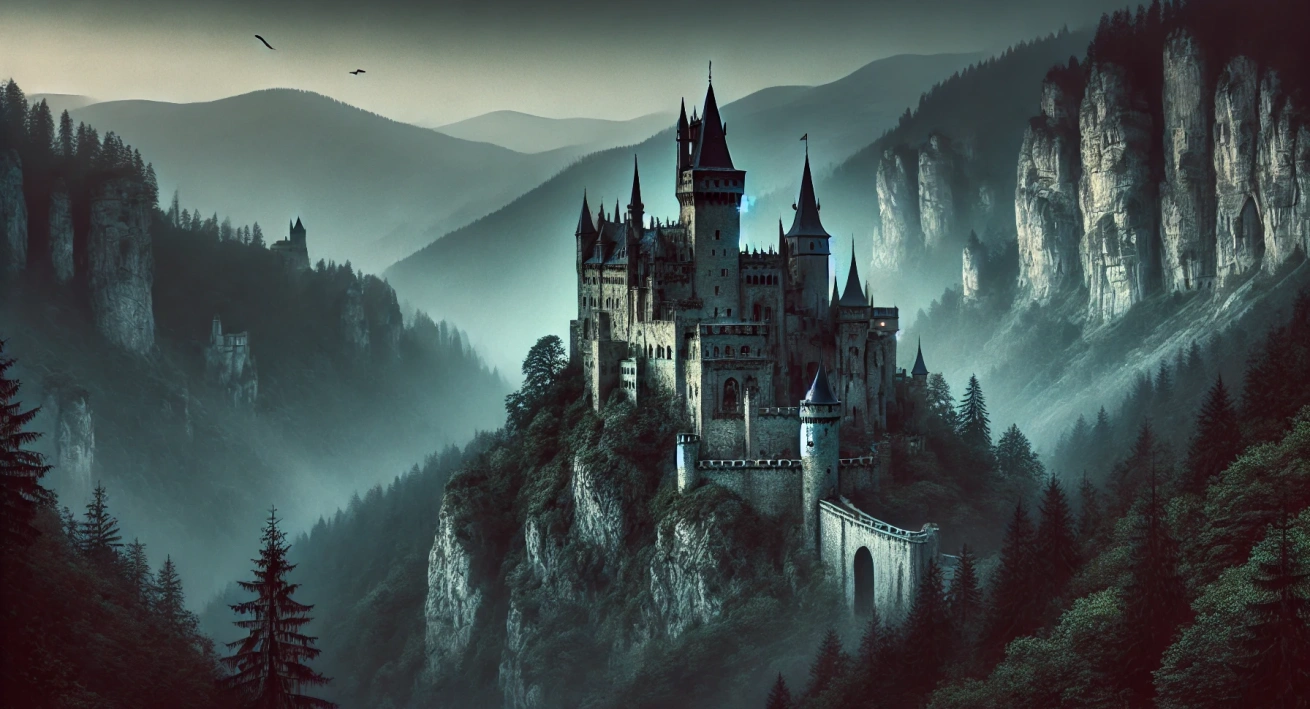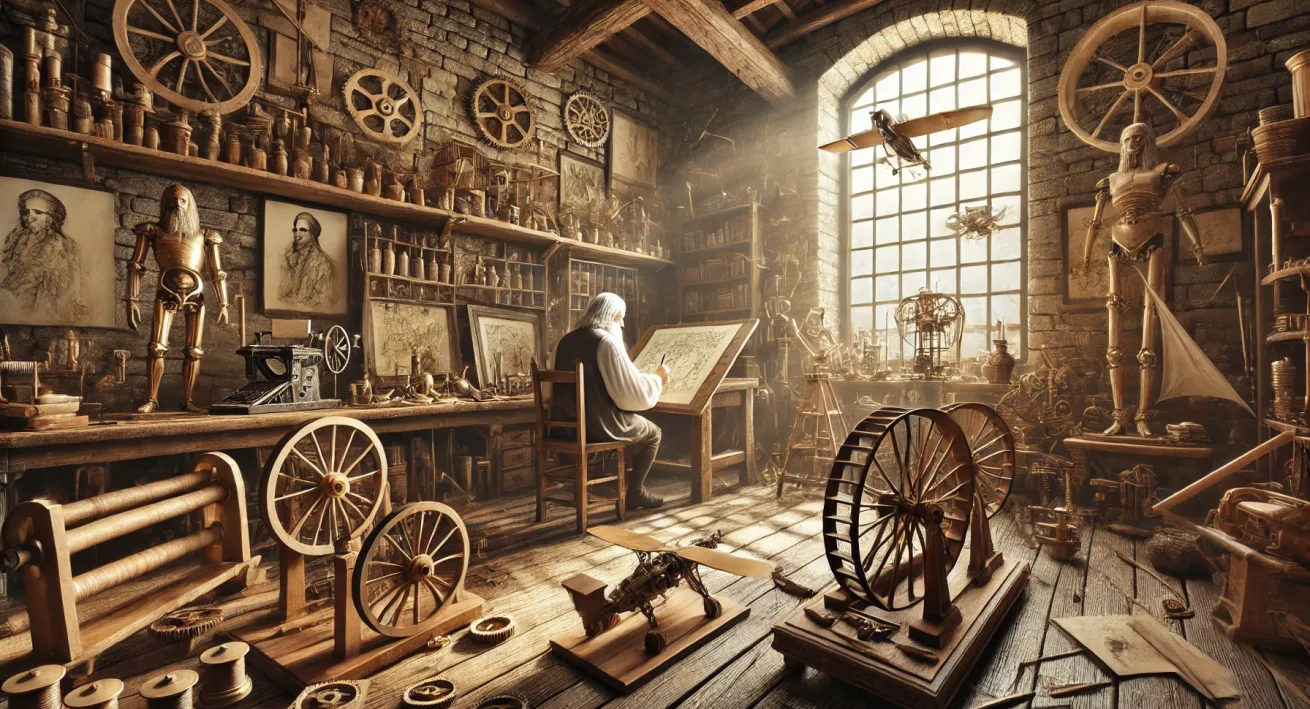When we think of pirates in the Caribbean, images of swashbuckling adventurers, buried treasure, and legendary figures like Blackbeard come to mind. But beyond the Hollywood myths lies a fascinating and often harsh reality. In this article, we delve into the true story of Caribbean pirates and how they really lived.
